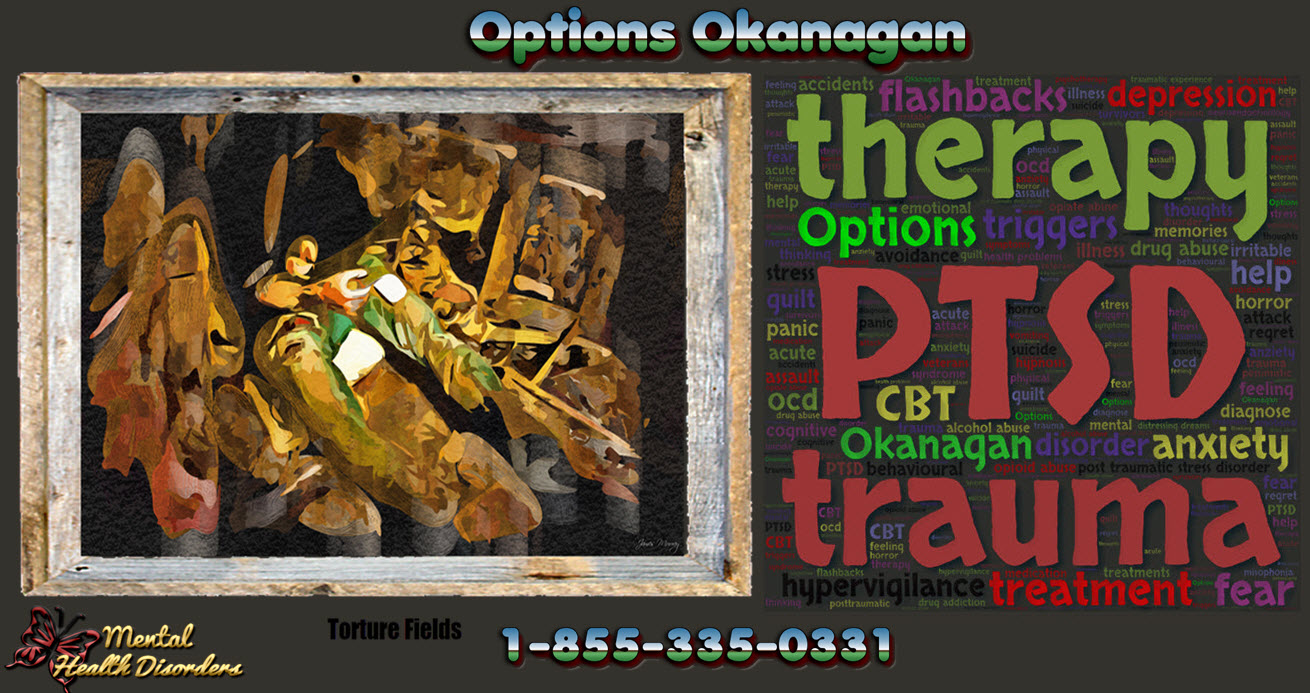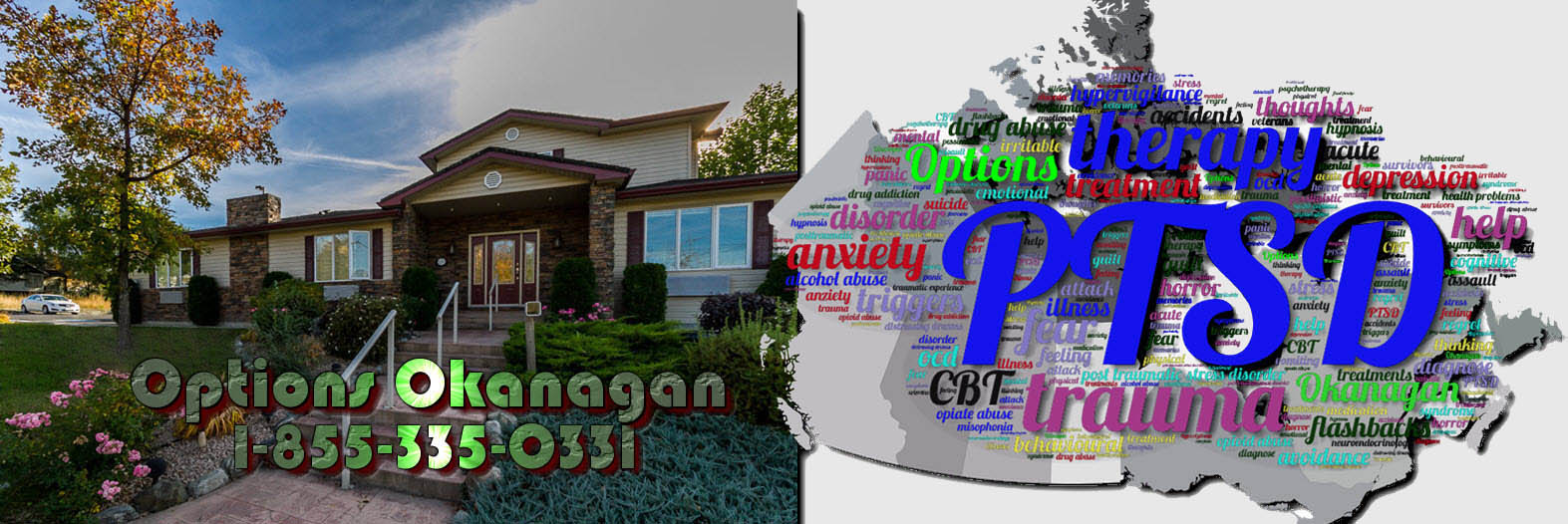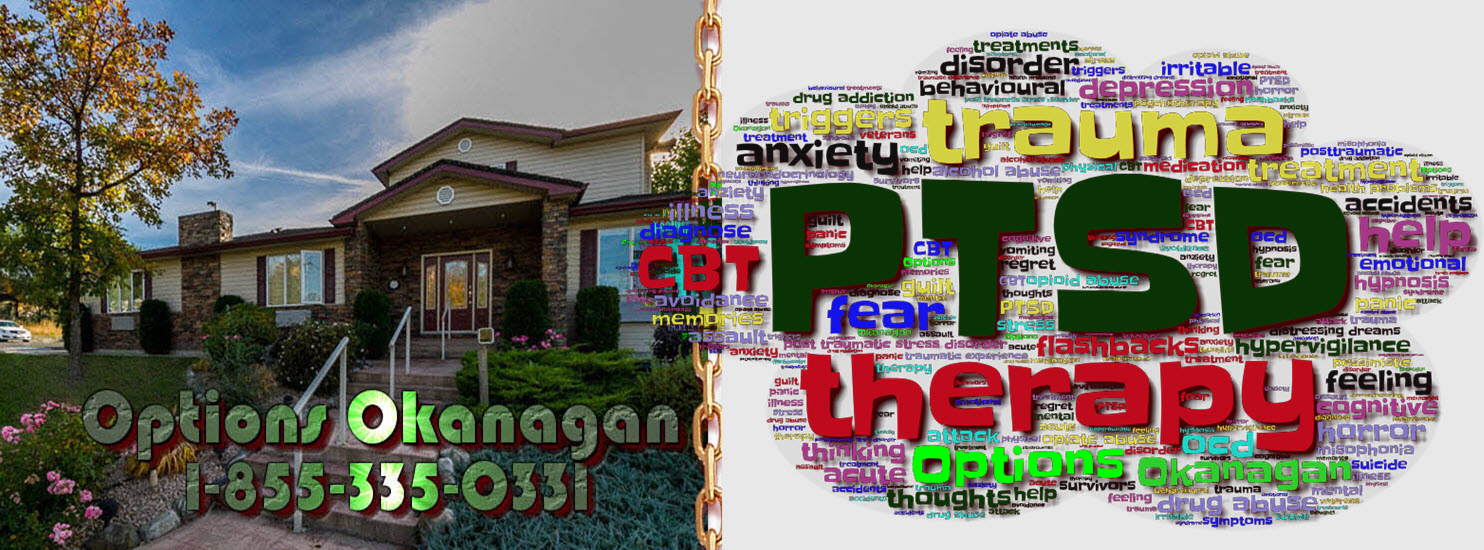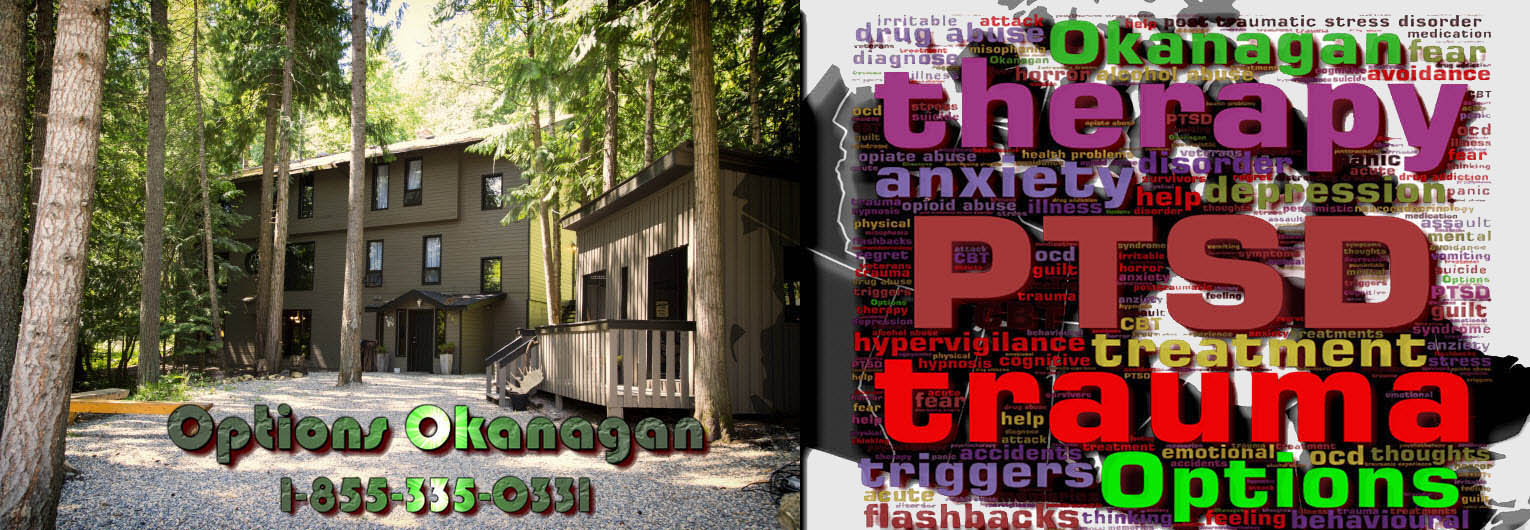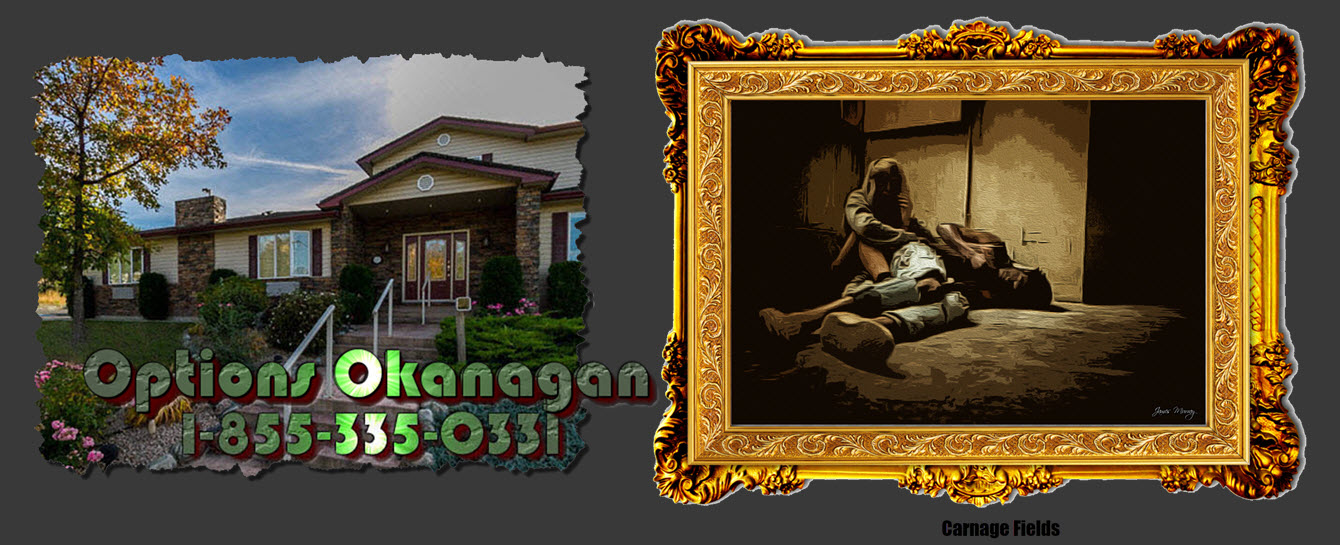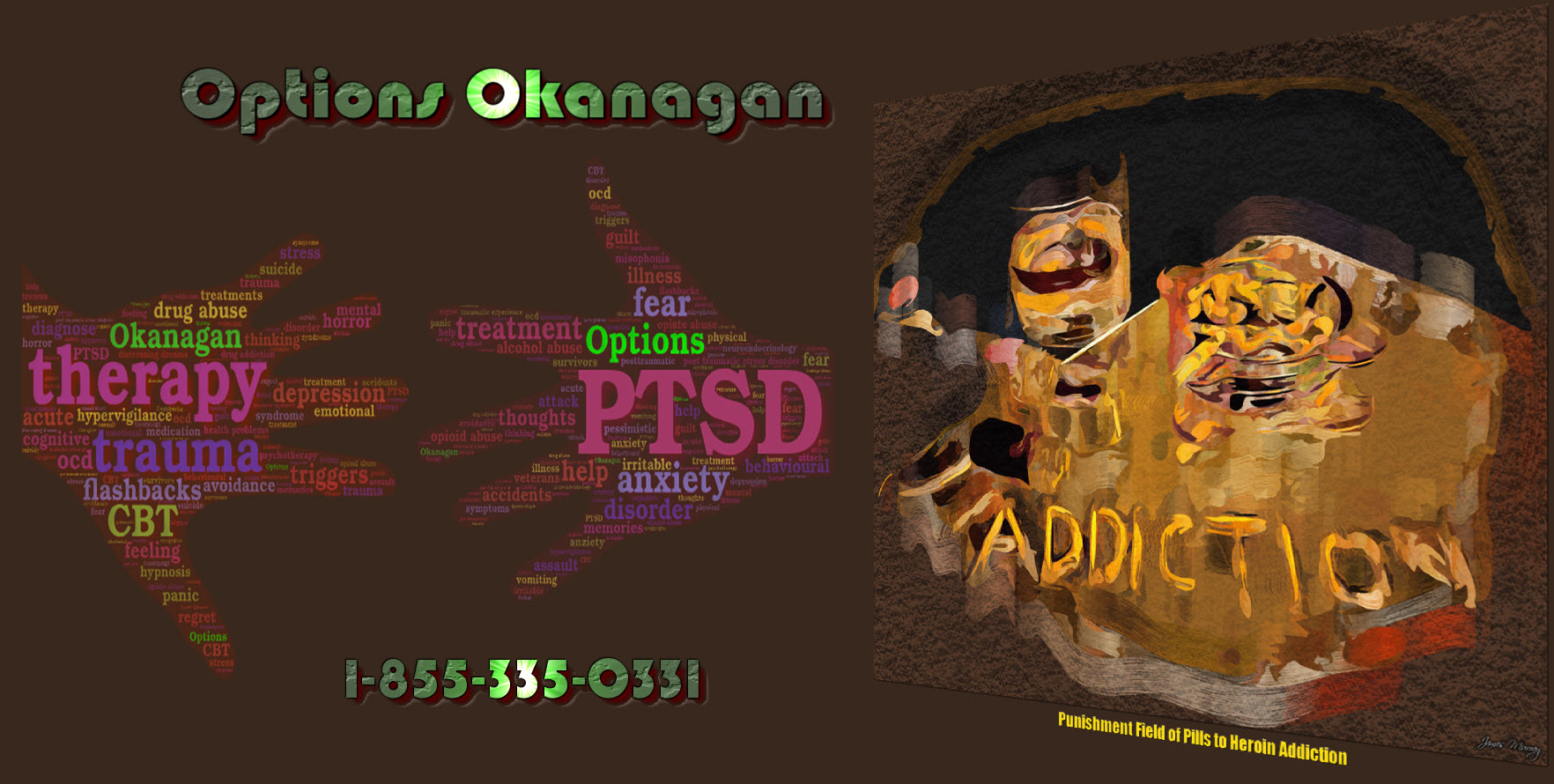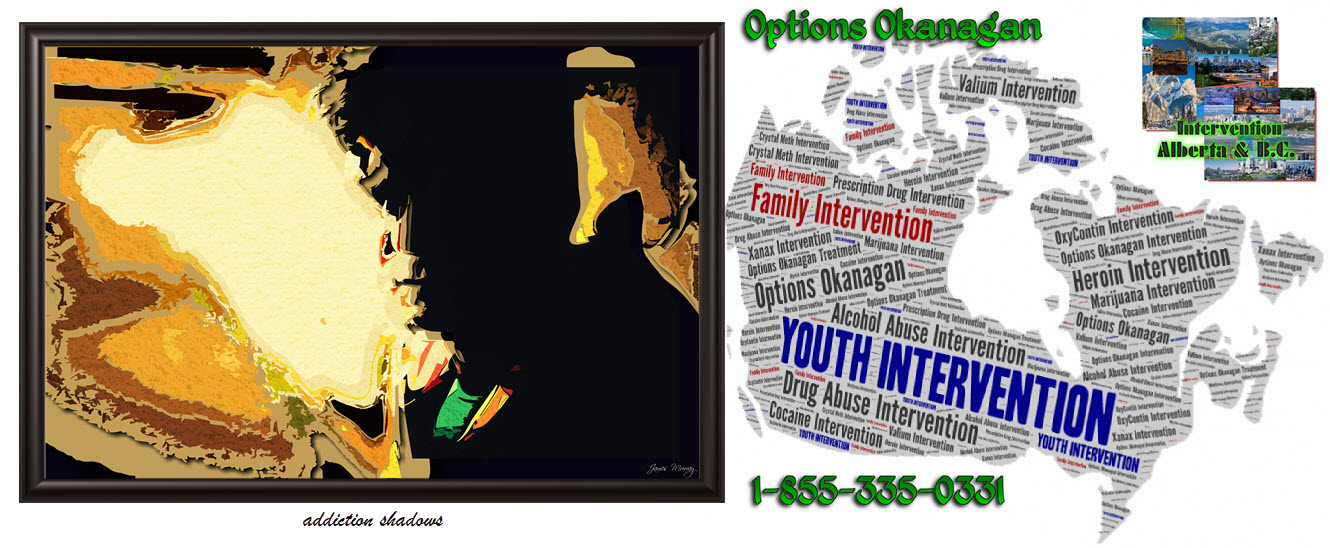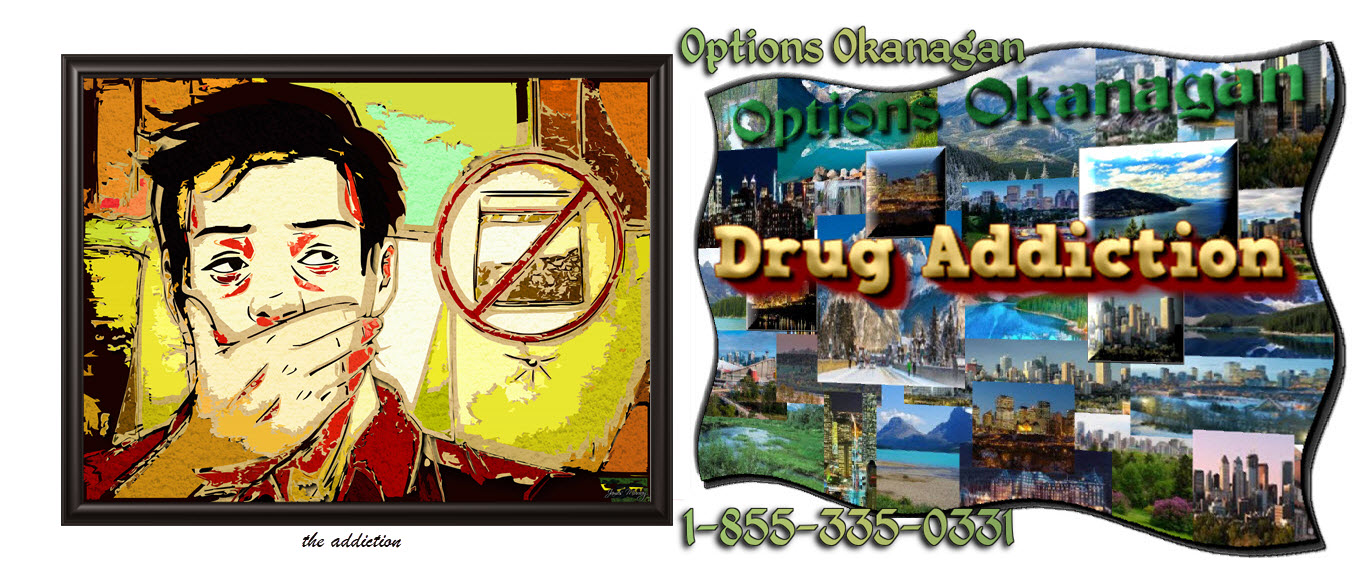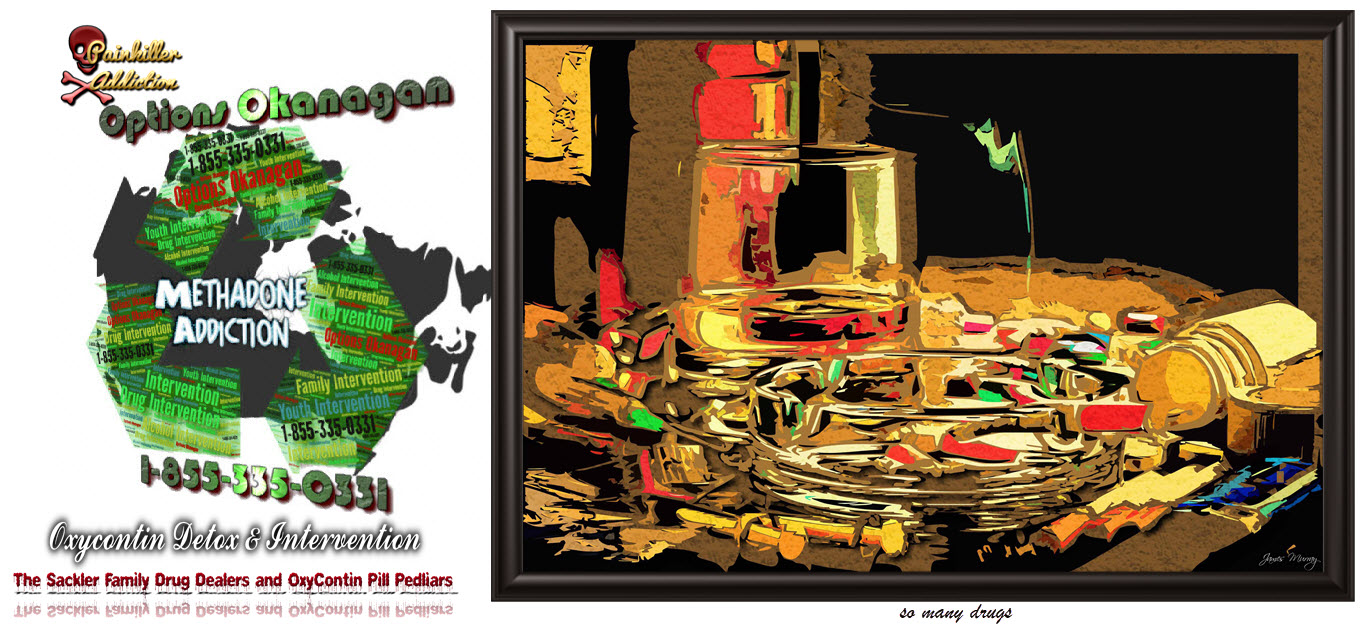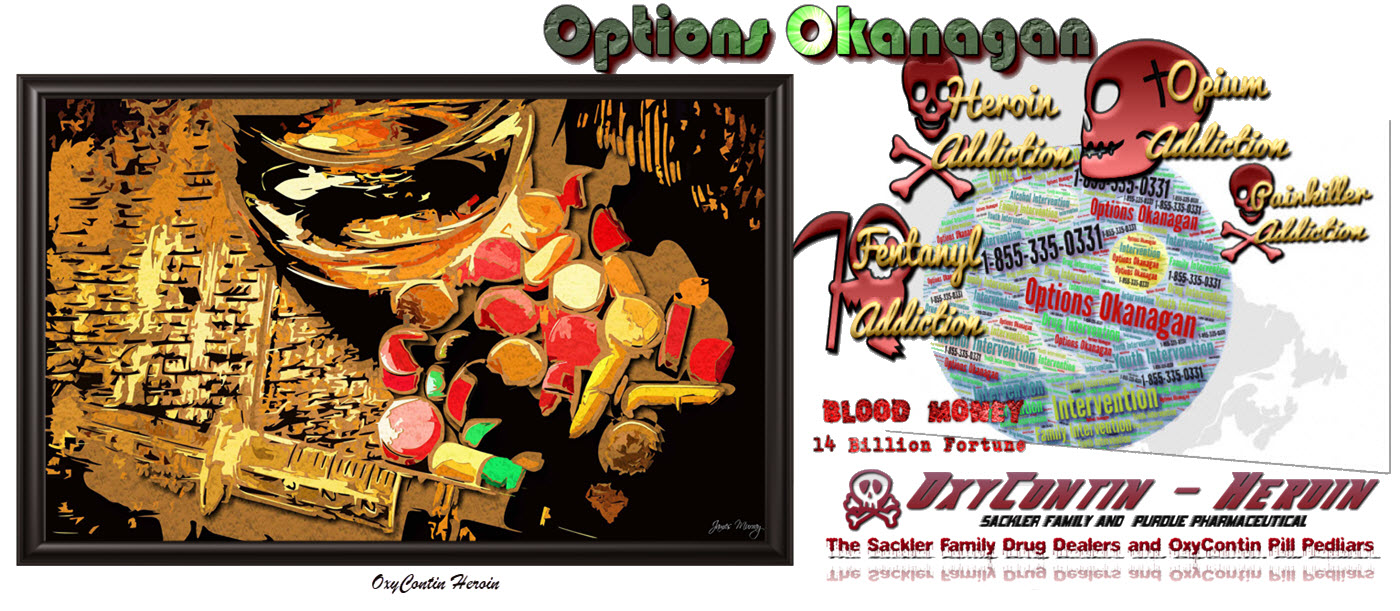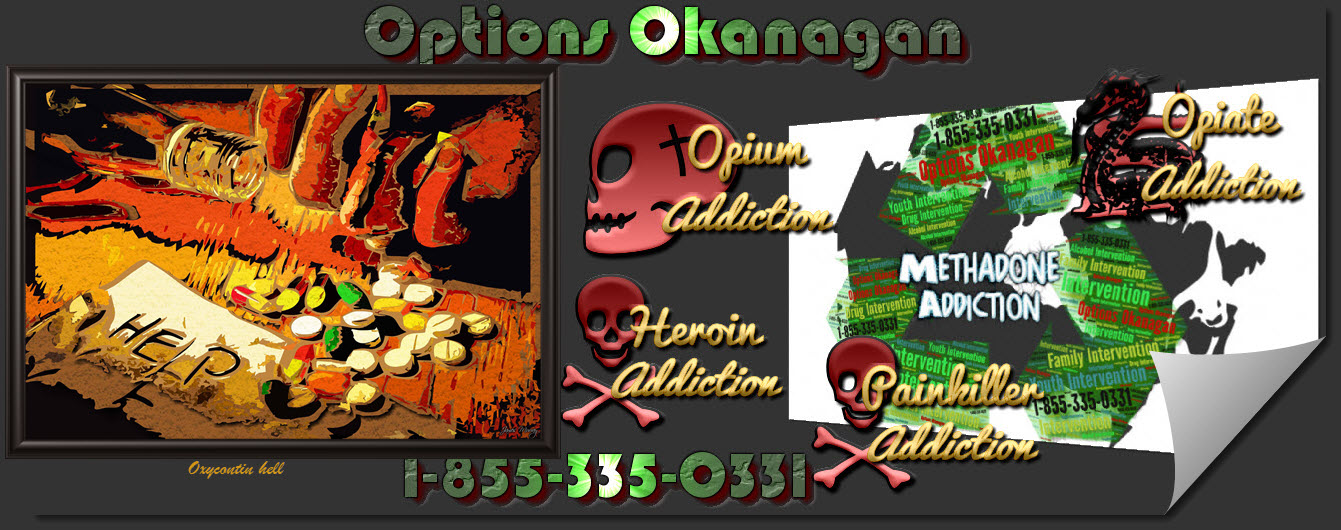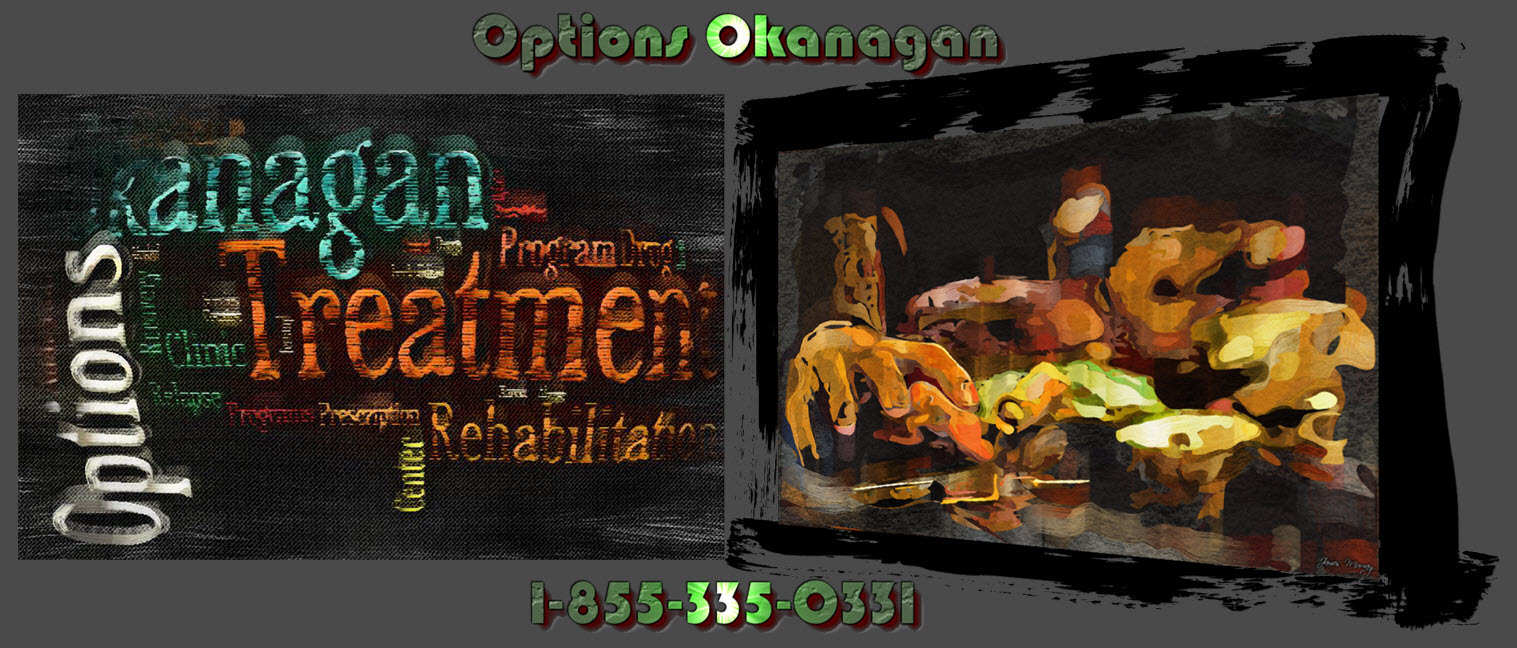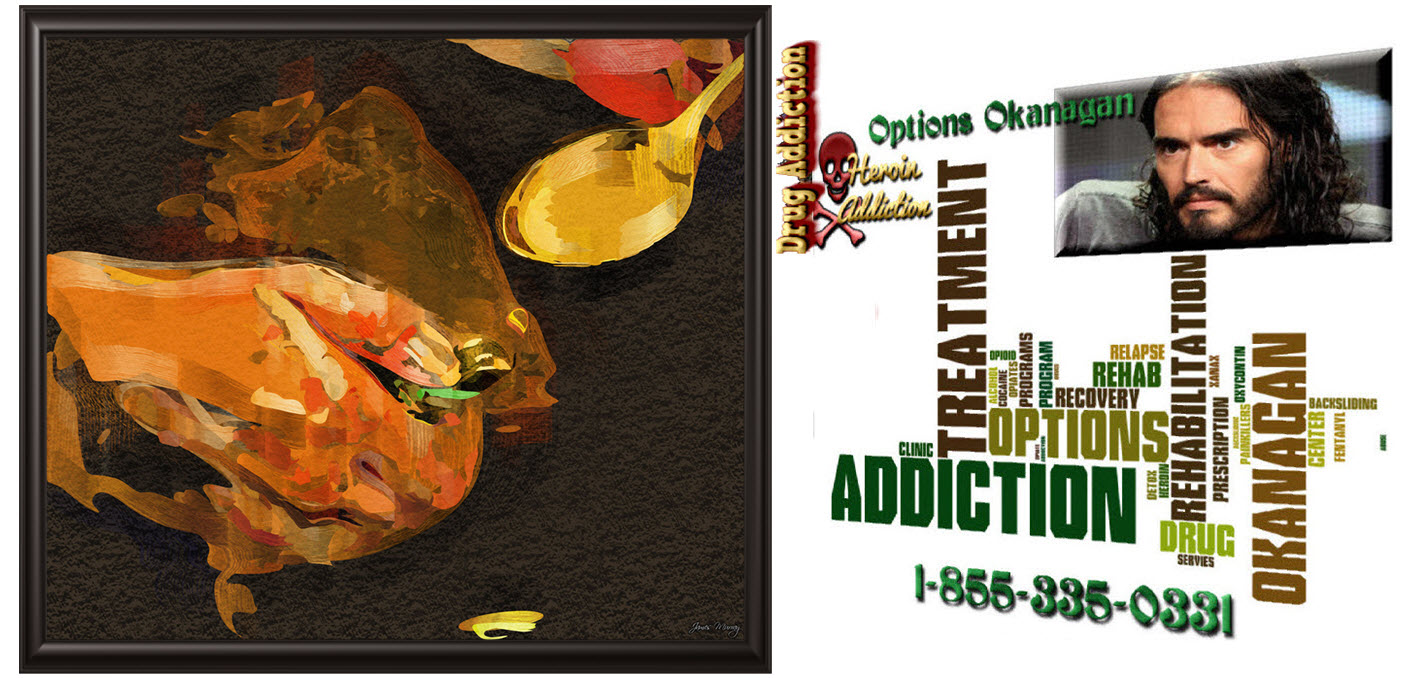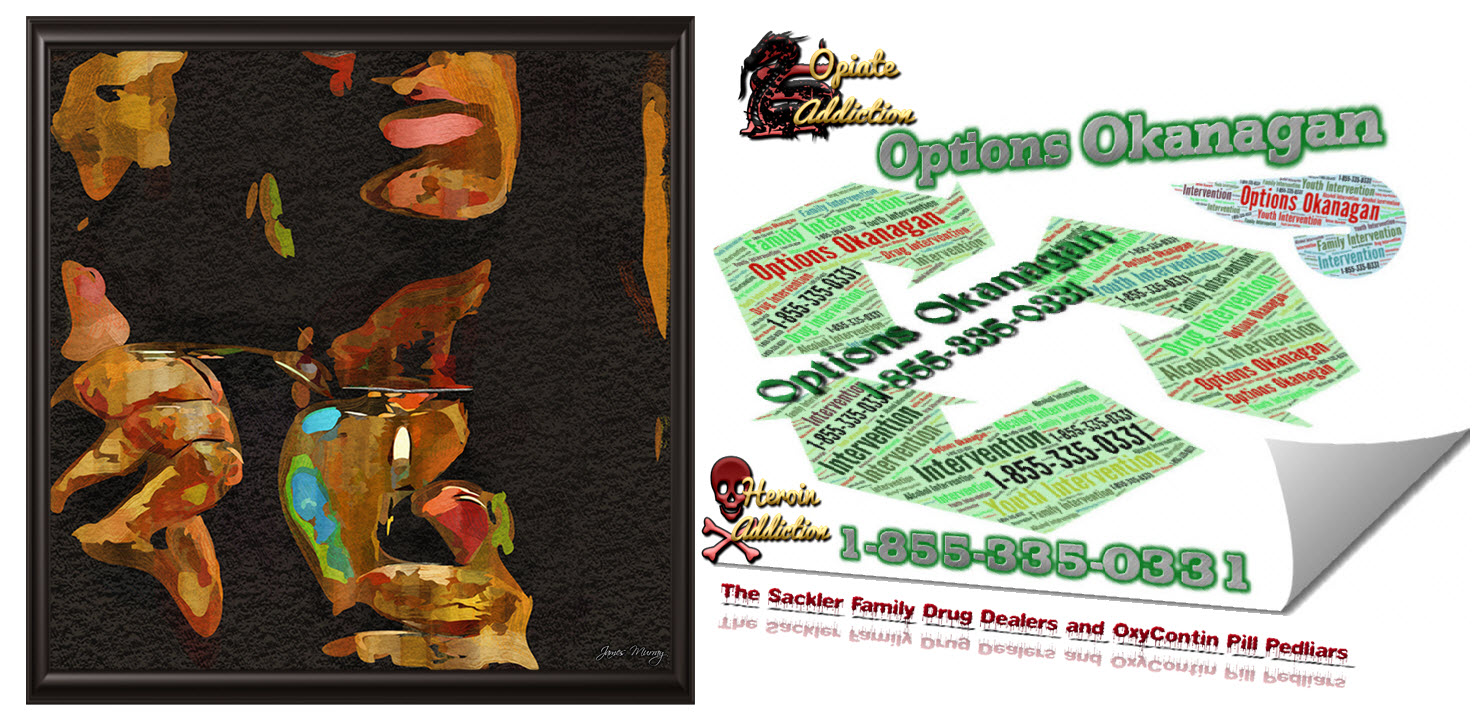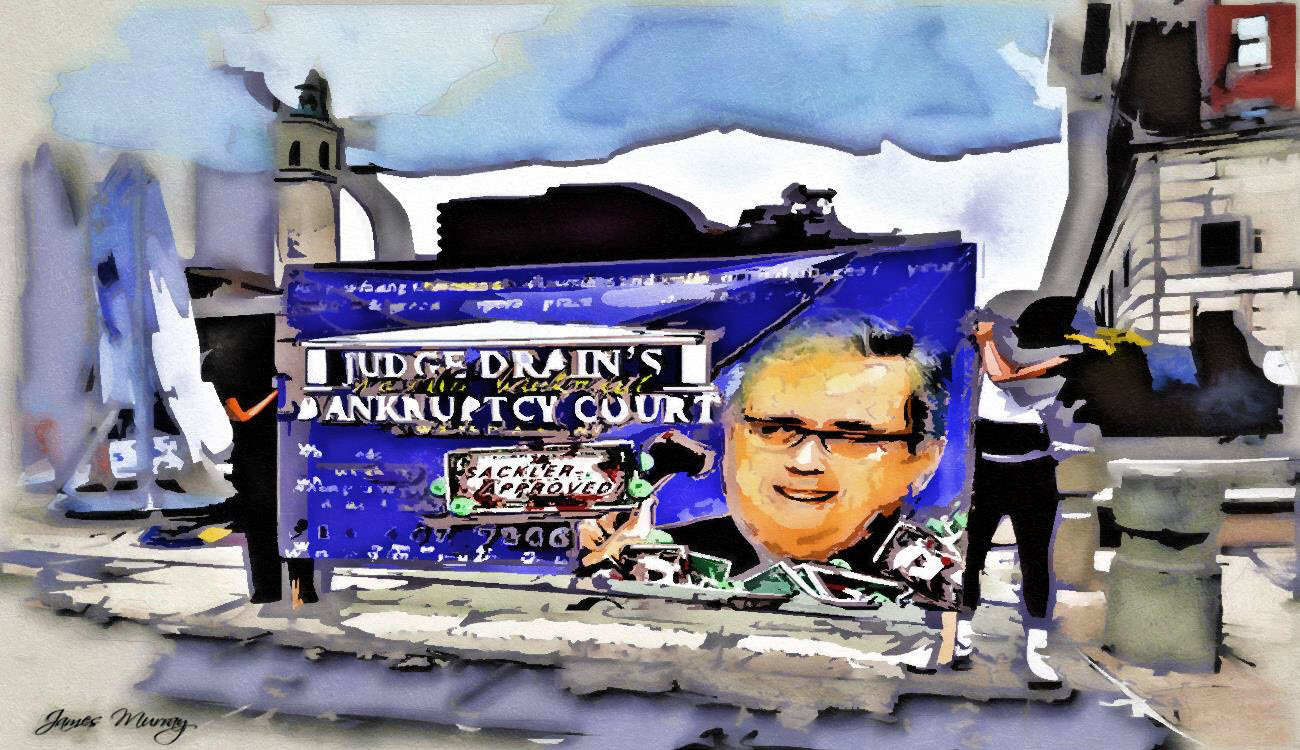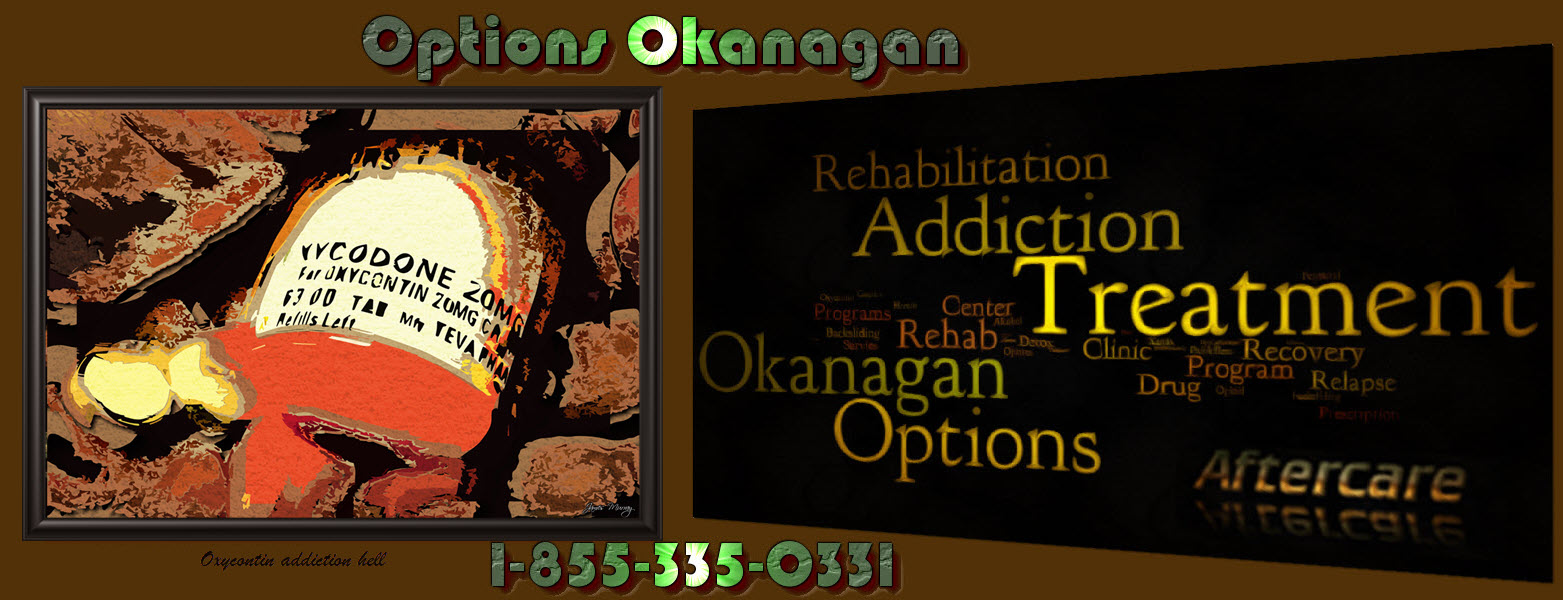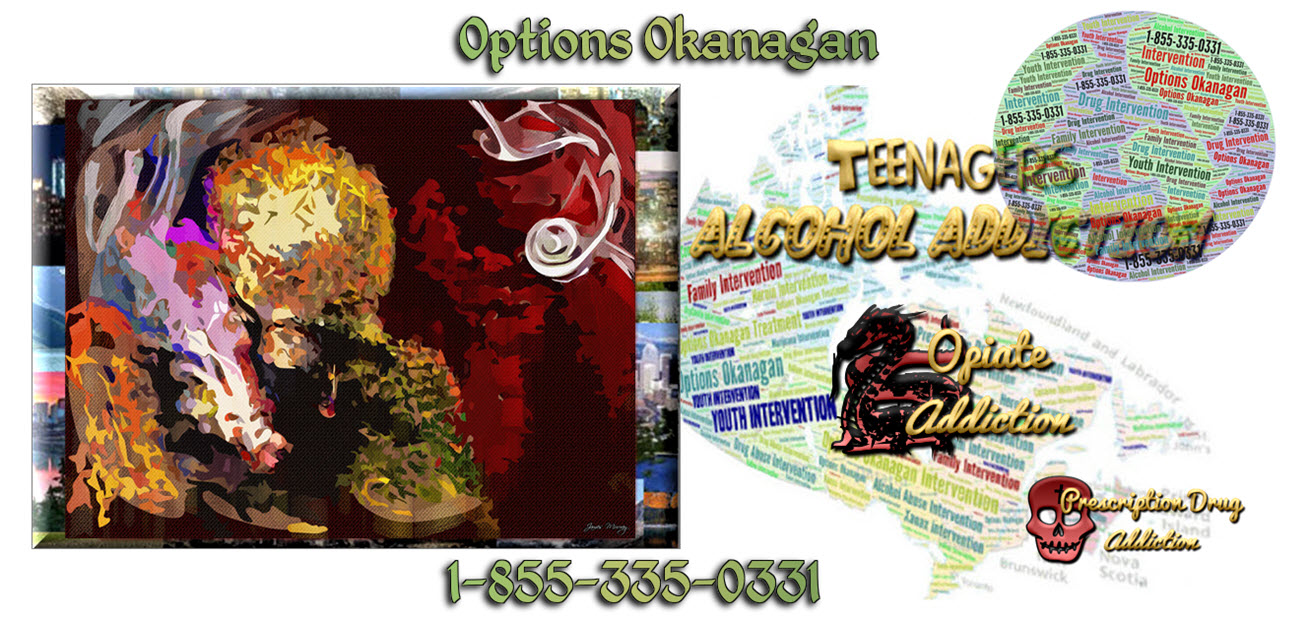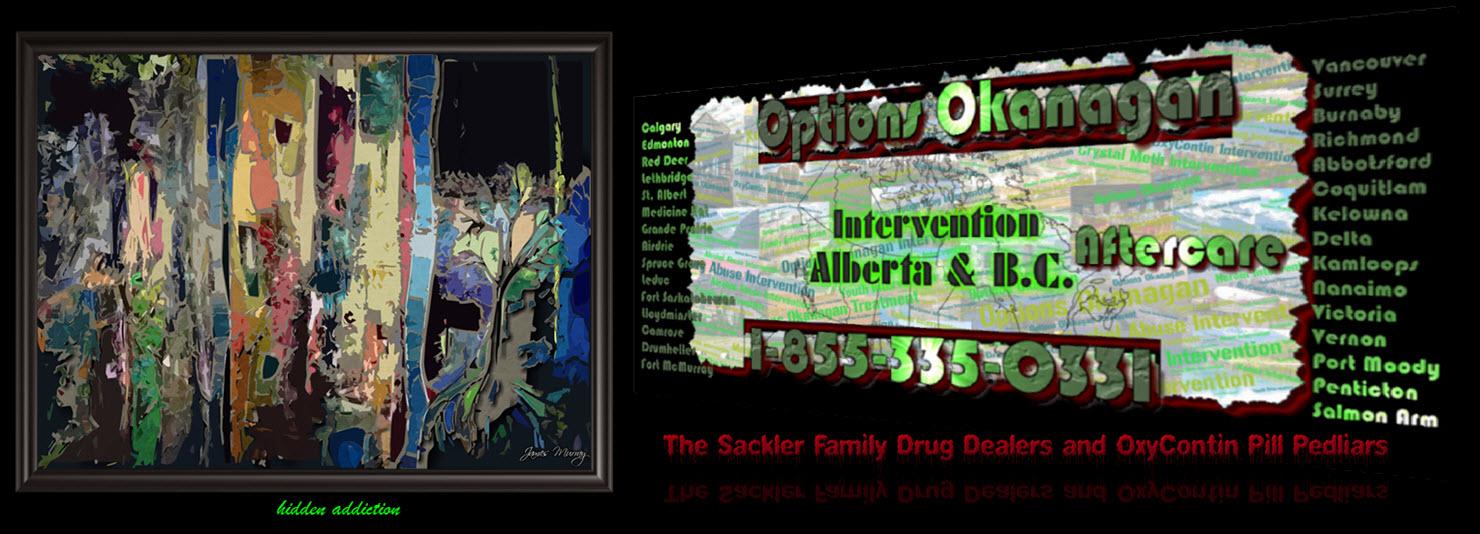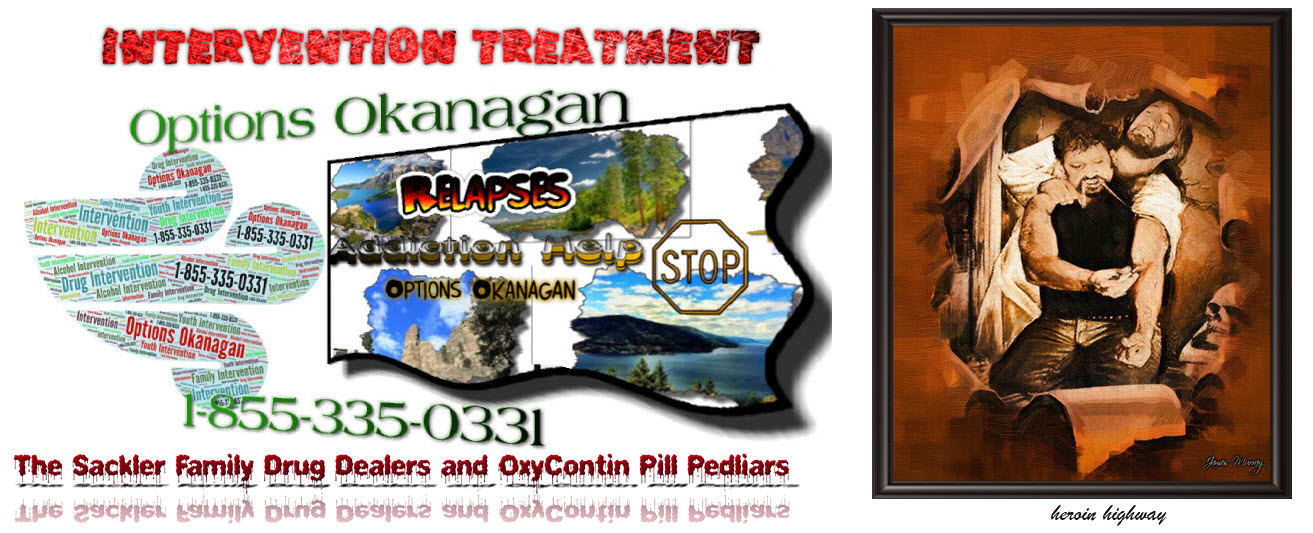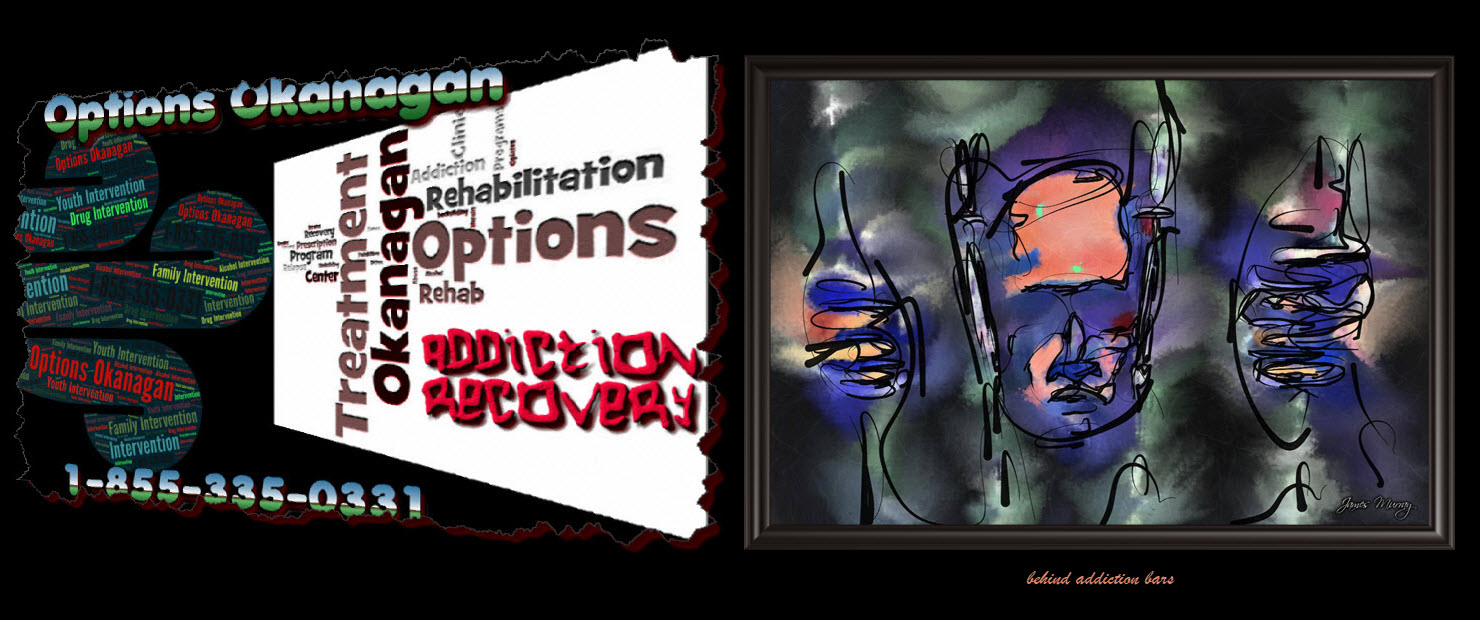Assessing mental health disorders in people. Opiate rehab treatment clinics and programs in Alberta and British Columbia – Options Okanagan Treatment Centers in Kelowna and Salmon Arm (Shuswap), British Columbia treating drug opiate and alcohol addiction and recovery.
Opiate Rehabs In BC and Alberta
The mental health rating is simply developed through a series of processes that help determine all the necessary details of a person’s mental well-being, leading to the final ranking. It is common knowledge among psychologists that a mental health assessment can only be communicated when all information about the disorder is gathered. Diagnosis takes only a short time, but statements can only be made after a long examination time.
Mental Health Disorder Programs In BC and Alberta
The right diagnosis is needed to get the right results so that it can be a prognosis or diagnosis. However, this can only be achieved by paying attention to the finer details that the main symptom can reveal, when the evolution of the symptoms is well recorded and the mental state of the patient is closely monitored. Psychiatric assessments are based on careful attention to human detail, including medical, educational and environmental history, childhood trauma, and more. If not done correctly, the doctor may not see important details that could affect the results of the examination.
In addition to the above, psychiatric assessments may include assessments of behavior, thought patterns, moods, ability to discuss and express oneself, and memory. Routine health checks such as blood tests, urine tests, and other laboratory tests are also included.
Preparations
Such a health assessment requires an initial basis. Symptoms of the disorder should be clearly recorded in a journal. This will help monitor symptoms, which may be a sign of improvement or worsening of the case.
This will give the psychiatrist or doctor a clearer picture of the mental illness. If the patient is a child, parents should ensure that the diary is closely monitored or that parents also keep a separate diary to keep a detailed history of observations.
Once the diagnosis is made and treatment has been given to control symptoms, changes in behavior or symptoms should also be noted.
Interviews
Almost all psychiatric examinations require interviews. Mental illness is usually absent when symptoms are observed. Therefore speaking for psychoanalytic assessment and patient behavior is very valuable.
Multiple interviews will give medical professionals better pictures of the information that the patients provide. This offers the ability to compile this information, resolve ambiguous details and disprove the impressions found.
Three kinds of questions are asked during psychiatric interviews are closed, open and multiple-choice. Interviews are not only valuable because they clearly open up opportunities to compile important information. This is also an opportunity for the patient to tell their stories. Conversations are useful because they usually express an individual’s innermost scary thoughts.
Physical examination
Cardiovascular and neurological are the most commonly used physical tests to assess mental health. The study choice is mainly influenced by factors such as age, disorders, planned medical care, substance use and/or addiction.
Summary of the results
A simple examination and evaluation of the patient won’t provide reliable information for an individual’s mental health management. Sinal summaries of all the results and related treatment and therapeutic recommendations will help prepare the patient for a better recovery.
Options Okanagan Opiate and Alcohol Treatment Centers in Kelowna, Salmon Arm and Vancouver, British Columbia – Men and Women are recovering and healing from Alcohol and Drug Abuse at our treatment center here in the Okanagan right now.
Our unique and distinctive Opiate Drug and Alcohol treatment program allows men and women to come in from Calgary as well as Edmonton as we offer airport pickup.
Numerous clients come to us from Vancouver, Calgary, and Edmonton and other locations in Alberta and even other provinces for Opiate addiction treatment, heroin drug treatment, many other drug and alcohol addictions for rehabilitation because of the uniqueness of our treatment center.
Our (Kelowna ) Alcohol and Drug Treatment Program Location:
(Not Mailing Address) Contact Us – Web Page
For Mail Delivery :: Please contact each center for correct mailing addresses, also this location is the location of our residential treatment programs in Kelowna. Please call Toll Free 1-855-335-0331 to contact the treatment center you are going to for the address and directions.
Options Okanagan Drug and Alcohol Treatment Center
551 Sherrydale Crescent, Kelowna, British Columbia, V1V 2E6
Toll-Free Phone Number: 1-855-335-0331

